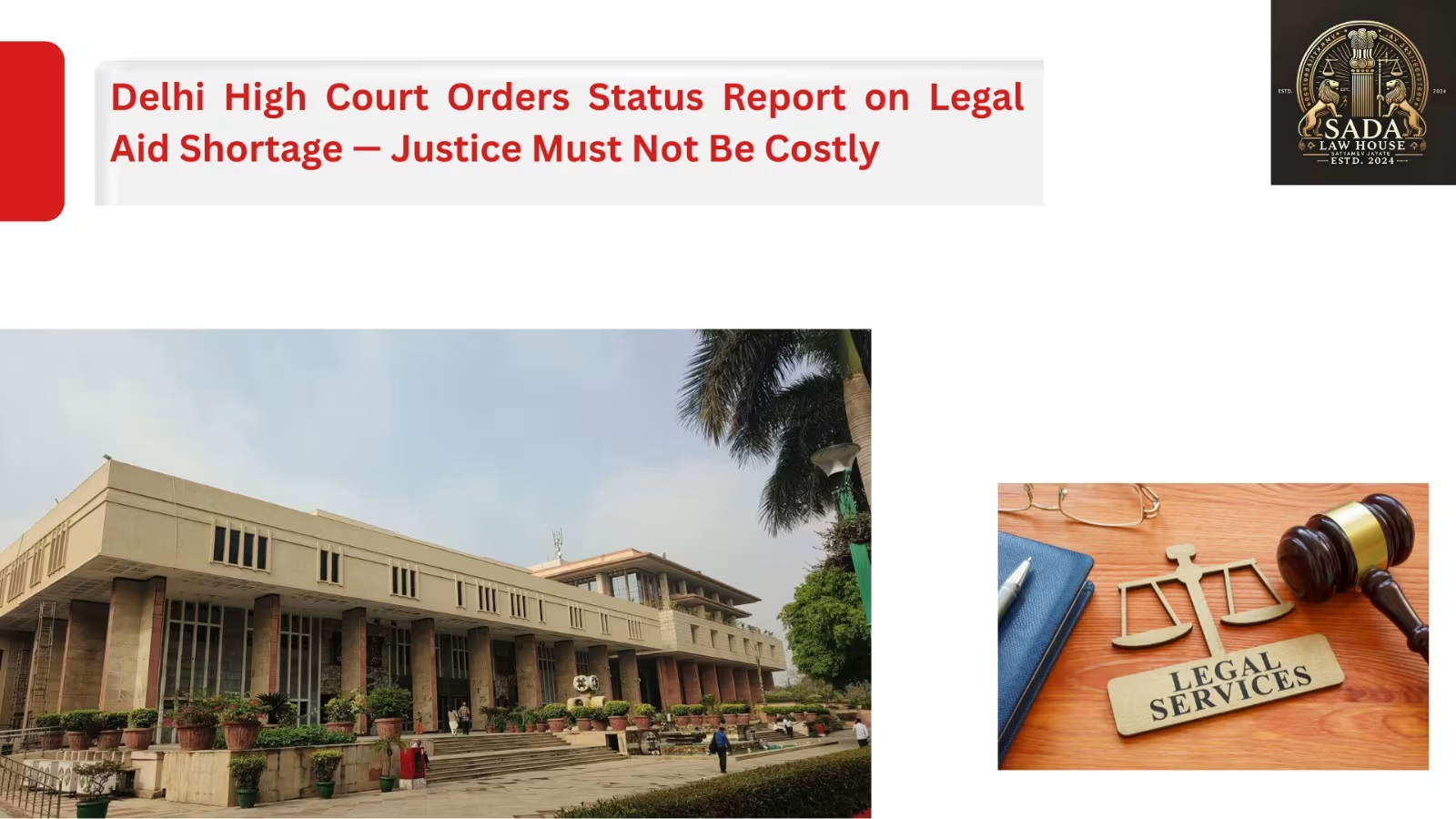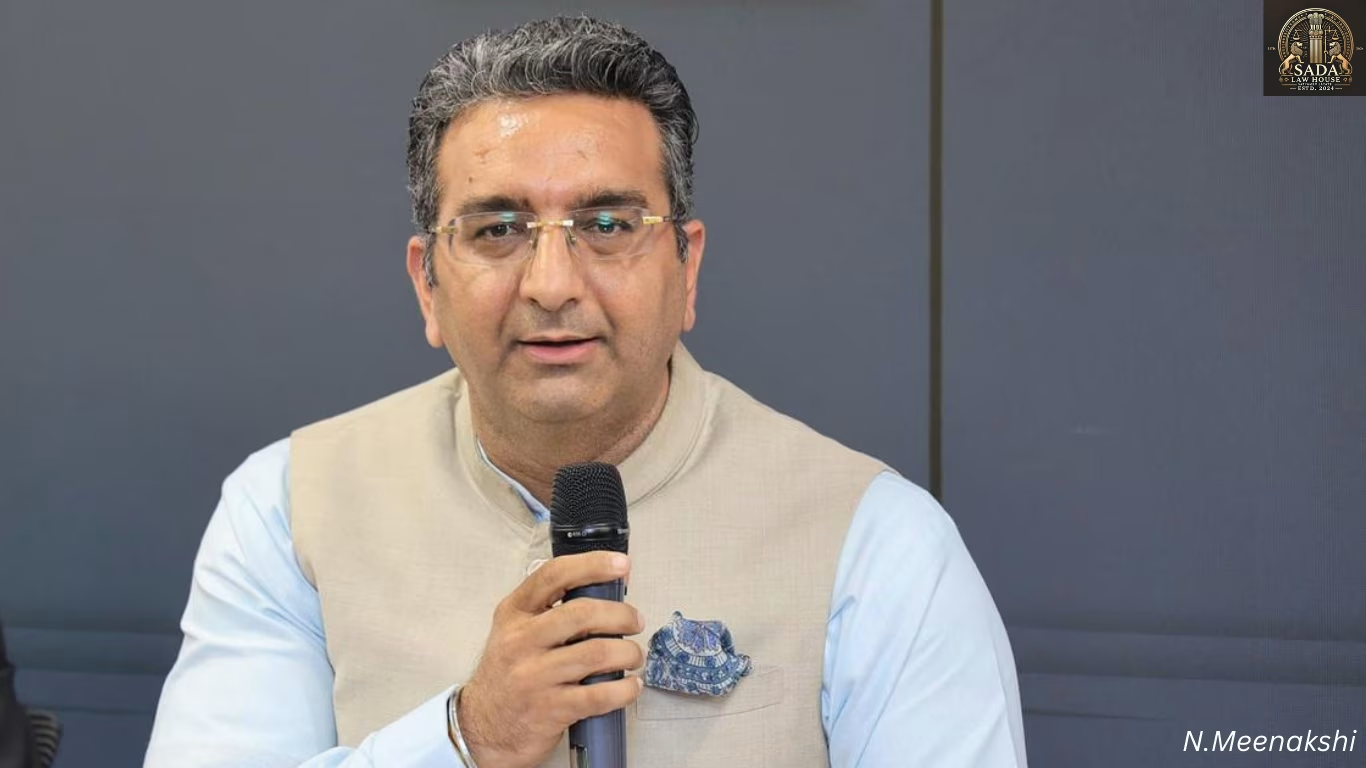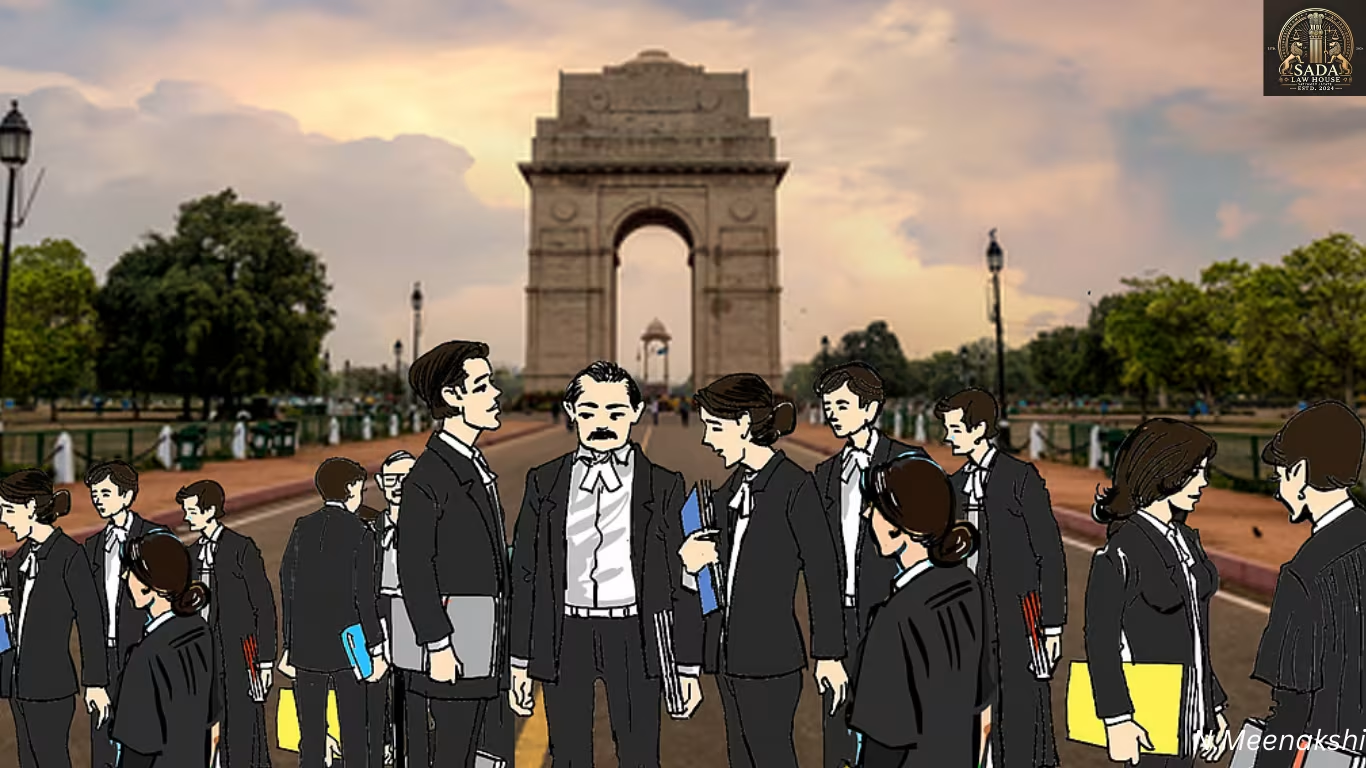Delhi High Court Orders Status Report on Legal Aid Shortage — Justice Must Not Be Costly
- Kashish Jahan
- 29 JULY 2025

The Delhi High Court has asked the Legal Services Authority to explain the alarming shortage of legal aid lawyers in the capital. This move could bring long-overdue reforms to ensure free legal representation for all.
Millions Still Locked Out of Legal Help
On 26 July 2025, the Delhi High Court directed the Delhi State Legal Services Authority (DSLSA) and the Government of Delhi to submit an affidavit detailing the shortage of legal aid lawyers in the city’s courts.
A bench led by Justice Neha Kapoor observed that free legal aid is a constitutional right under Article 39A of the Indian Constitution, yet thousands of individuals—especially from marginalised communities—remain unrepresented due to bureaucratic delays and mismanagement.
Legal Aid Platforms Largely Underutilised
The case arose from a Public Interest Litigation (PIL) filed by a civic rights NGO, which submitted data showing that only 22% of eligible individuals in Delhi received legal representation over the past year.
Key findings presented in the PIL included:
Multiple district courts had no active legal aid panel
Appointed legal aid lawyers were often absent during hearings
Victims of custodial violence and undertrial prisoners were left without representation
Court Criticises Institutional Complacency
Justice Kapoor noted that “delayed or denied legal aid is the ultimate denial of justice.” She asserted that the right to legal representation cannot be viewed as a charitable service, but must be part of a systematic and enforceable framework.
The court also warned against inconsistent implementation, stating that legal aid should not be a privilege based on geography or discretion.
Directions to Restore Access to Legal Aid
To address these systemic failures, the Court issued the following directives. The Delhi Legal Services Authority must submit a status report within 10 days, including:
1. Unassisted Applicant Statistics
Number of eligible applicants who went unrepresented in each court
2. Reasons for Lawyer Shortages
Gaps in panel rosters, recruitment delays, and resource issues
3. Improvement Roadmap
Plans to:
Recruit more panel lawyers
Launch mobile legal clinics
Implement 24×7 legal helplines
Justice Beyond Affordability
Legal experts argue that this order has the potential to redefine access to justice in Delhi. If fully implemented, the ruling could ensure:
Legal aid in every police station and tribunal
Real-time access to lawyers for underprivileged and vulnerable citizens
Fulfilment of constitutional guarantees beyond paper compliance
By prioritising structure and accountability, the court aims to transform legal aid from a formality into a functional lifeline.
Live Cases






